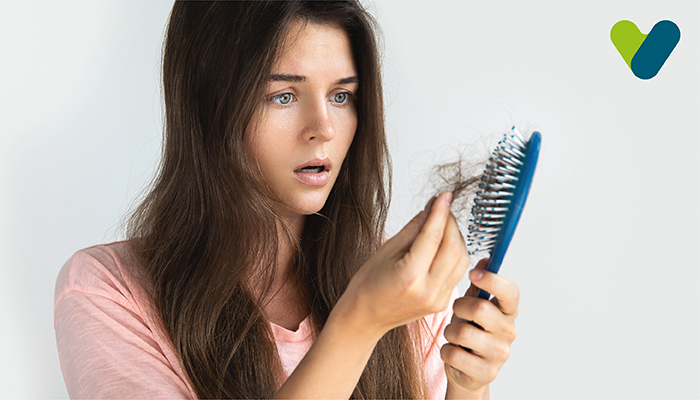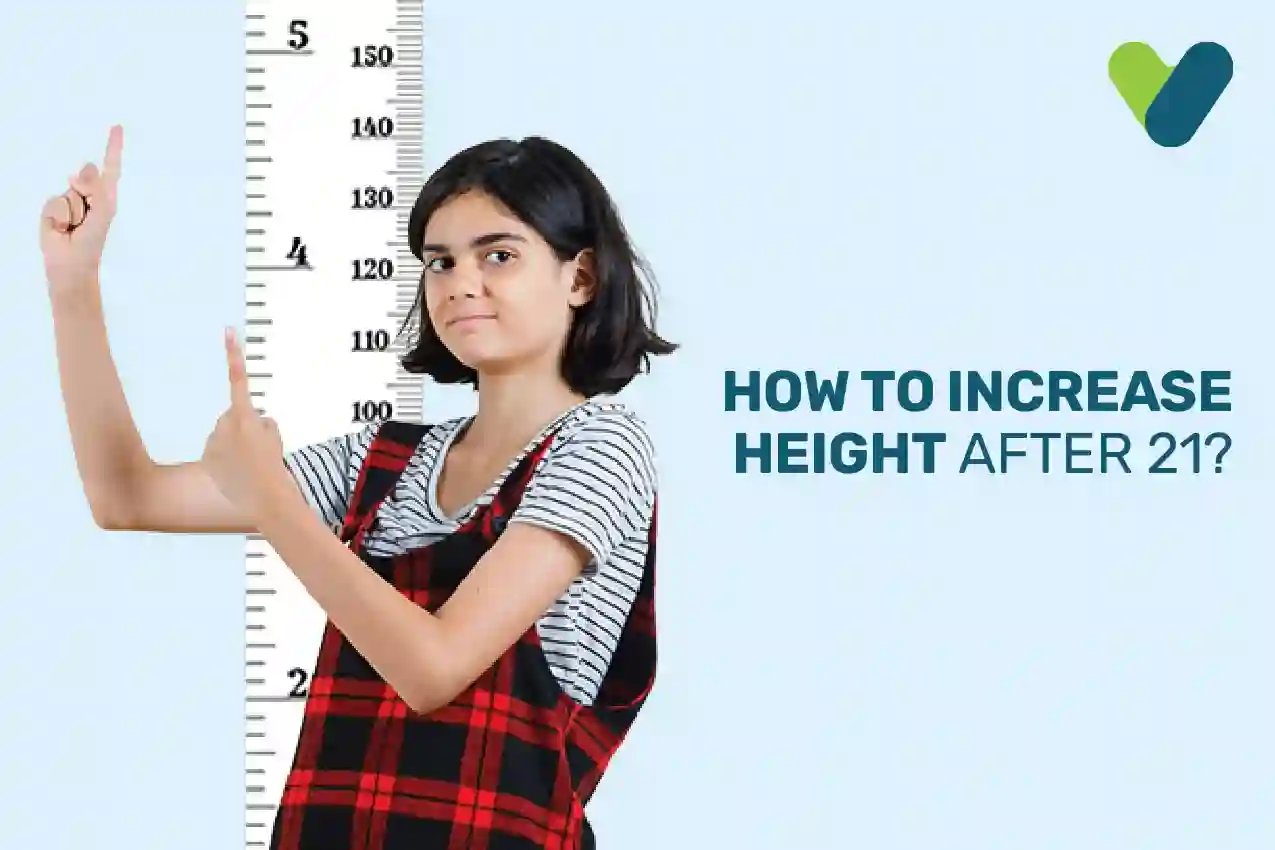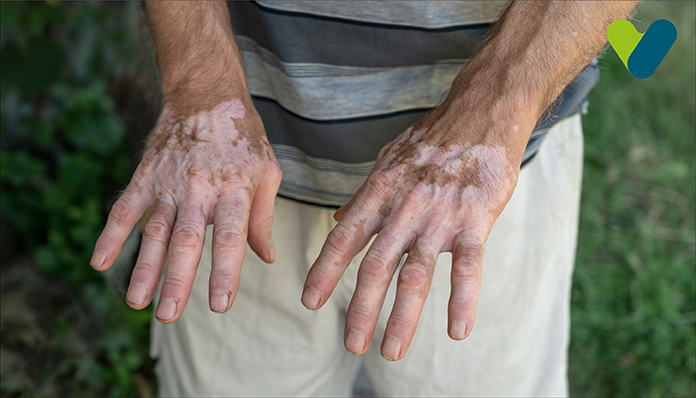Hair care is - and always has been - a huge deal for women. Even in these modern days of the empowered woman, celebrated for her achievements and her wisdom, the importance of beautiful hair is lost on nobody. At best, women might now be more concerned about keeping their hair more manageable; neater and slicker but the essence remains pretty much the same. Women want ‘nice’ hair and while aesthetics-wise, the definition of ‘nice’ might differ from culture to culture, nation to nation, one generation to the next (as beauty standards evolve) and indeed one person to the next, hair loss is not something considered appealing, anywhere.
Besides collecting in unsightly little tangles in the corners of your home or office and besides making you look less than your best self, hair fall is quite often a subtle sign that you could be better nourished. Like a spouse might hint at the other that they want a certain gift or a certain level of attention around a special day, this is the way that your body hints at you, that you could give it better care and more nourishment.
Of course, you could take a shortcut and go for hair fall treatment at a clinic, where certain procedures and drugs are used to induce hair regrowth for women and men alike. However, why not try some natural solutions for your hair fall problem first?
Here are 4 simple solutions to hair fall across diet, nutrition, external/topical care and if nothing works, some options that come under medical or clinical hair fall treatment.
Vitamins
Well here’s the ABCD of hair care and hair loss treatment, quite literally so. Vitamins A,B,C and D are all essential to hair growth and very importantly, also to hair retention. The key to preventing hair fall in women is to ensure that sufficient intake of vitamins is a mindful and continuous process.In addition, people with alopecia might want to first check about any vitamin D deficiencies before trying out any other treatments. The sunshine vitamin should be easy enough to get in India but what most people don’t know is that it is the early morning sun that delivers vitamin D (not the sun you get running between meetings at noon, going to pick up your kids from school or stepping out for smoke breaks).
Vitamin A has a role in sebum production and this has been linked to hair regrowth and overall hair health.
Vitamin C deficiencies have been linked to dry hair and split ends. But weren’t we talking about hair loss? Well, some experts seem to suggest that dry hair and split ends tend to act like a deadweight, pulling unnecessarily on your roots and making them work harder. This could logically result in hair loss. Keep your vitamin C intake optimal to ensure good hair and good skin, and also to keep colds at bay.
Vitamin B12 deficiency has some neurological implications and is said to affect sleep. If you’re not getting enough sleep, you’re going to be stressed and this is going to result in hair fall, as most people already know. In addition, B12 deficiency itself (and also vitamin B7 deficiency) has been linked to hair fall.
Protein
You’ve heard of keratin treatments that smoother your hair and make it look more nourished, less damaged and far glossier. But did you know that your hair follicle is actually made up of keratin? Well keratin is a type of protein. Just like you must hydrate to keep a body made up of water healthy, so you must provide protein to your tresses, which are made of up protein. Get sufficient protein intake in your diet. If you are witnessing hair fall, the chances are that your diet is lacking in protein.Hair care
Wash your hair as regularly as is required to keep your scalp oil free and healthy. Yes this might sound contrary to popular advice that tells you to wash your hair as rarely as possible, but greasy hair is again going to be very heavy and might tug on your roots, causing breakage.Avoid shying away from coconut oil. We’re not going to quote your grandmother, but science here: coconut oil is rich in lauric acid and researchers have found that his acid is able to bind protein in your luscious locks. You already know that massaging your scalp with oil promotes circulation and thereby acts as a catalyst to regrowth, but all the better to do this with an oil that has protein binding properties. In addition, new research has hinted that it can even buffer your tresses from sun damage and all those styling products that they have to suffer through so you can look glamorous.
It is important to underscore that heat-based styling and grooming, most dyes and some treatments contribute to hair fall in the long run, but well, you’re probably not the only woman who cannot do without these. Make up for it in other ways, like coconut oil for example.
Diet and supplements
Add sufficient salad greens, basil and spinach to your diet to see a dramatic reduction in hair loss. Some experts also point to olive oil as a promoter for hair health (and you can also use it as a natural conditioner once in a way).Supplements like amla juice (we can see you gagging and pulling a long face all the way over here, but try it!) and biotin are seen as excellent solutions for hair fall.


